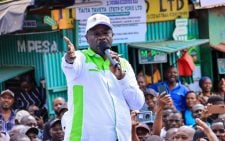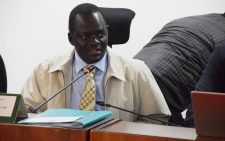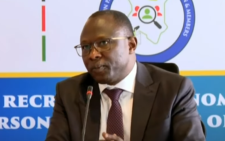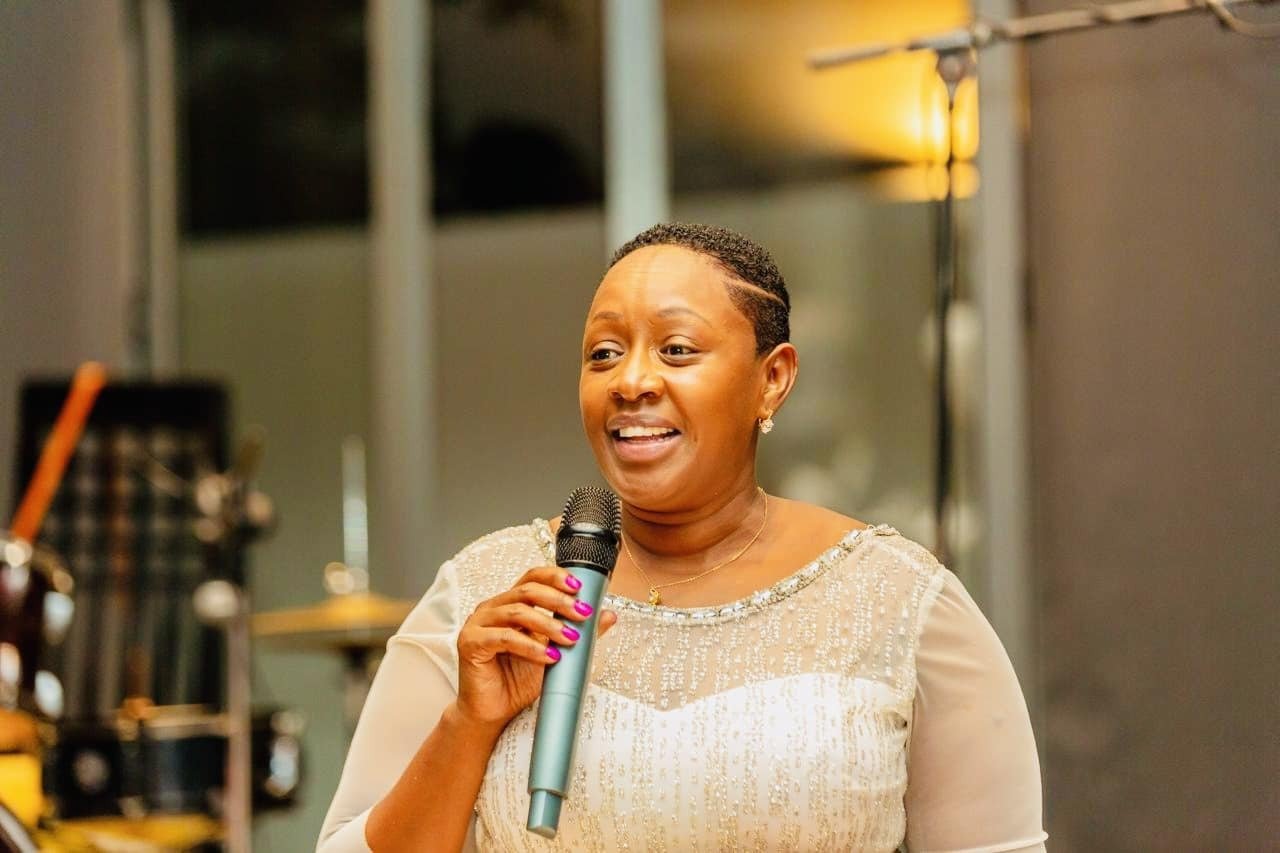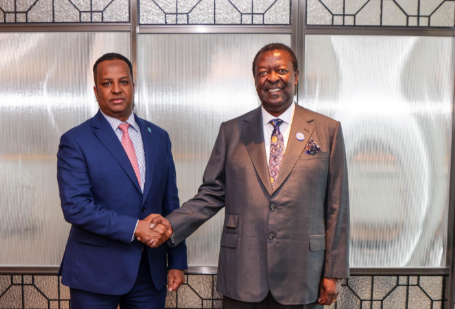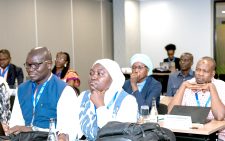IEBC commissioner candidate recommends Bomas abolition
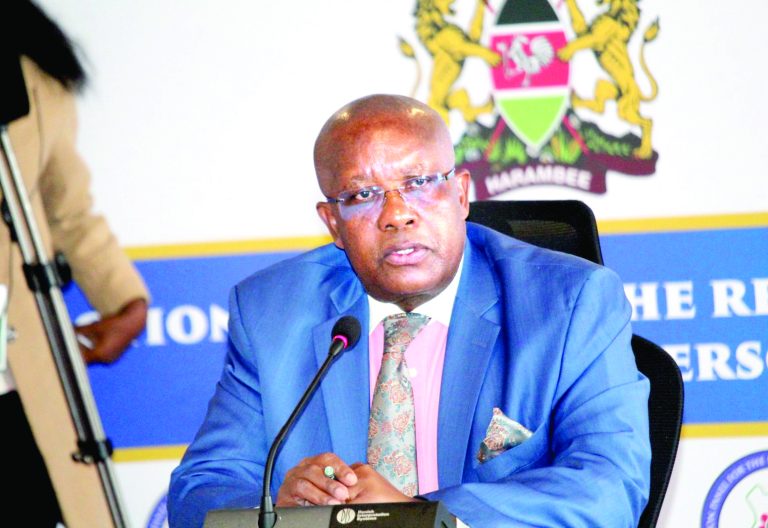
The transmission of election results to the national tallying centre at Bomas of Kenya should be abolished as the counting of votes is always finalised and confirmed at the polling station.
Collins Gordon Juma, a candidate seeking to be a member of the Independent Electoral and Boundaries Commission (IEBC) told the selection panel Kenya does not need a central tallying centre because any interested party in an election could pick the results declared at the polling stations and compute them independently.
Results confirmed
“Do we need a central tallying centre in the first place when we have confirmed the results at the polling stations? As a country, we should stick to what we have at the polling station and allow the political parties and media to do their tallying and they come up with their results,” Juma said.
The former Nuclear Power and Energy Agency chief executive called for the deployment of technology in every level of the electoral system to hasten the voting and counting of ballots cast especially in poll stations with high numbers of voters.
“Technology is not only about ICT but the entire electoral process. We should relook at the layout of our 42,000 plus polling stations to ensure that voting takes place in a very short time, we count the votes and transmit the results,” he said.
The candidate pointed out that the failure of former IEBC commissioners to scrutinize transmission systems at the procurement stage gave the electoral agency a substandard system further compromising transparency and verification of results.
“During the procurement of those systems, do we ask the hard questions? Can this system work in adverse conditions like cold weather, hot weather or humidity? If we can improve on that and on our transmission system with the local service providers we should be able to get it right,” he added.
Political interference
Noting that political interference with IEBC operations is inevitable, Juma said that the Election Offences Act is lenient in dealing with electoral malpractices adding that there should be stiffer penalties to culprits if the integrity of the elections is to be upheld.
“There are always attempts to infiltrate not only the commissions but any other organization where the stakes are high like the IEBC. In the Election Offenses Act, the penalties are high enough to prevent electoral malpractices. Those are some of the areas that should be enhanced so that the penalties are as good as what we see in South Korea and China,” he clarified.
According to the Elections Offences Act, every officer of a political party and every nominated candidate who, attempts to participate in or participates in an election without subscribing to the Electoral Code of Conduct commits an offence and is liable on conviction to a fine not exceeding one million shillings or to imprisonment for a term not exceeding six years or to both.
“A person who is convicted of an offence under this Act shall not be eligible for election or nomination in an election for a period of five years following the date of conviction,” the Act adds.
Another candidate Dennis Omondi was uncertain about the ability of the incoming commissioners to undertake boundaries delimitation before the 2027 general election despite the secretariat saying that 80 per cent of the exercise was complete.
Omondi said that the commissioners should prioritise delivering a free and fair election in 2027, adding that the timelines for boundaries review should be extended as proposed in the National Dialogue Committee (Nadco) report.
Credible 2027 polls
“At this point, I am not sure whether delimitation of boundaries is realizable before the 2027 election given what it requires and the political dynamics that go with it. I am more aligned with what NADCO proposals are in terms of extending the timelines for achieving it, Omondi said.
“The timelines for the commissioner once they come on board should actually be geared towards realizing a free fair credible 2027 election. If any other thing that is politically charged is brought might actually be very difficult to realize.”
The National Democratic Institute (NDI) Country Director told the Nelson Makanda-led panel that IEBC’s corporate communication department should be revamped as it is disjointed and unresponsive, particularly to the youth population.
Additionally, Omondi said that public confidence in IEBC is in an all-time low which calls for an urgent and robust engagement with the citizens before conducting the next polls.
“Recent surveys have demonstrated that only one out of four Kenyans trust the IEBC. In my experience that is the lowest in 20 years,” he said.
He also pointed out that voter apathy in the last two decades was record high in 2022 adding that the new IEBC commissioners must embark on formulating policies that will entrench suffrage among legible voters.
